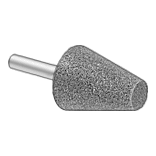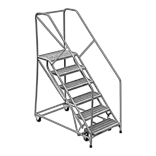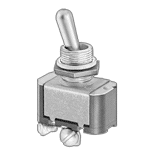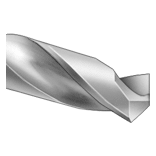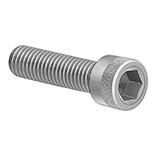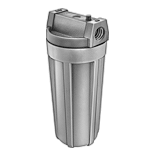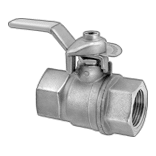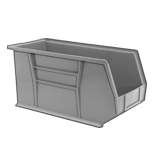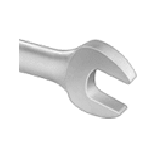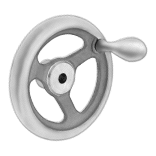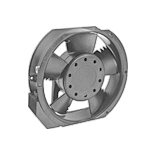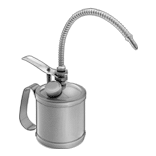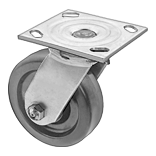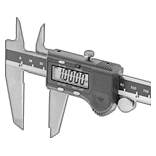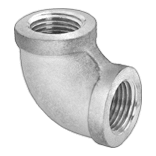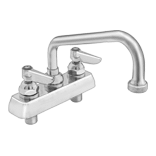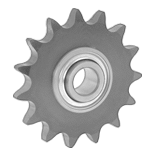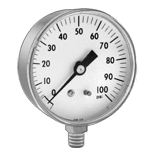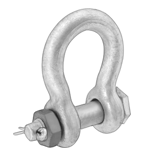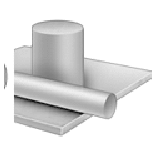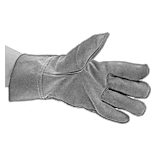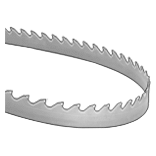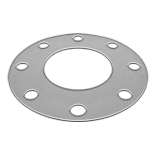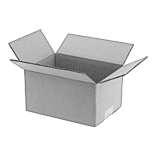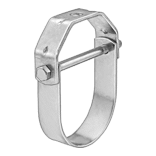Reciprocating Saw Blades for Ceramics and Masonry
Carbide grit is bonded to the edge of these steel blades for cutting through abrasive materials such as fiberglass, masonry, and tile. They have a 1/2" universal shank that fits most reciprocating saws. Also known as bimetal blades, they have a flexible carbon steel body with high-speed steel teeth.
For technical drawings and 3-D models, click on a part number.
Material | ||||||||||
|---|---|---|---|---|---|---|---|---|---|---|
| Lg. | Wd. | Thick. | For Use On | Cut Type | Body | Abrasive | Flexibility | Pkg. Qty. | Pkg. | |
| 4" | 3/4" | 0.035" | Fiberglass, Masonry, Tile | Straight | Steel | Carbide | Flexible | 1 | 0000000 | 00000 |
| 6" | 3/4" | 0.042" | Fiberglass, Masonry, Tile | Straight | Steel | Carbide | Flexible | 5 | 0000000 | 00000 |
| 8" | 3/4" | 0.042" | Fiberglass, Masonry, Tile | Straight | Steel | Carbide | Flexible | 1 | 0000000 | 0000 |
Long-Life Reciprocating Saw Blades for Ceramics and Masonry
The diamond grit bonded to the edge of these steel blades lasts up to 30 times longer and cuts through abrasive materials twice as fast as blades with carbide grit. Also known as demolition blades, these are wide to cut through multiple layers. Blades have a 1/2" universal shank that fits most reciprocating saws. These bimetal blades have a flexible carbon steel body with high-speed steel teeth.
